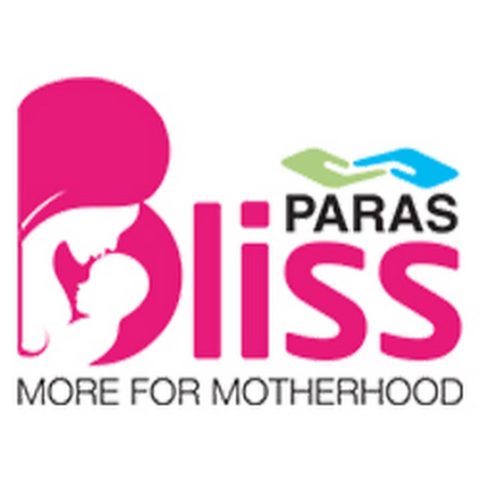Panchkula: 17th August, 2017: Numerous advancements in the medical field have made impossible things increasingly possible. A few decades ago not having a child would have been traumatic for a woman. But today, every woman can enjoy the pleasures of motherhood, even in diverse conditions.
Over the last two decades there have been numerous changes in the socio-economic levels, financial levels and in the lifestyle segment as well. Younger women are pursuing careers to earn better to augment their family income; to give themselves a better life; to be able to afford better things in life. These aspirational factors have changed many things in their lifestyle patterns as opposed to what was followed in their lives earlier. Women have started thinking about marriage in their late twenties and pushed the thought of planning their families also to a later age. While this may have desired outcomes in increasing their incomes and giving them the space for achieving more professionally, it does come with a setback in their personal space. Women are unable to conceive at their will and pleasure; they are not able to have quality of health to be able to do so when they want a baby. This throws up a few challenges to the motherhood they are so craving for Says Dr Shilva, Senior Consultant, Obstetrics and Gynecology, Paras Bliss Hospital, Panchkula

The IVF procedure has now thrown opportunities their way to make motherhood possible despite the challenges they are surrounded with. IVF is the process by which eggs are removed from the ovaries and mixed with sperm in a laboratory culture dish. Fertilisation takes place in this dish. Invitro means ‘in glass’. The fertilised egg (zygote) is then transferred to the patient’s uterus.There are many Infertility Treatments are available in today’s era. The type of treatments will be decided and suggested based on the married couple’s current health condition. Some studies say that most successful and high success rated treatment is IVF. According to study, most of the women have decreased the quality of eggs at the age of 35 years which directly will affect their chances of successful pregnancy.
There are no medications available in the market which can change the poor quality of eggs into the good quality of the egg. The best and effective option is the IVF with Egg Donor in India. It is the wonderful option for the couples who have been struggling from a long period of time to have their own baby or for the women who are over the age of 40 years and trying to conceive.
Psychological aspect – why conception in hindered
Stress can affect the functioning of the hypothalamus – the gland in the brain that regulates your appetite and emotions, as well as the hormones that tell your ovaries to release eggs. If you’re stressed out, you may ovulate later in your cycle or not at all. So if you’re only having sex around day 14, thinking that you’re about to ovulate, you may miss your opportunity to conceive.
It’s important to differentiate between constant and sudden stress. If your stress level is high but fairly consistent, your body will likely acclimate to it and you’ll probably still ovulate each cycle. It’s sudden stress – such as an accident or a death in the family – that can throw your cycle off and interfere with ovulation. Of course, this varies from woman to woman. Some women find that even a trip out of town can delay ovulation. Others have found that a severely traumatic incident didn’t impact their cycle at all.
It’s also important to remember that stress isn’t only a reaction to something negative. Positive stress can also affect your cycle, causing you to ovulate later or not at all. Brides often report strange cycles because they’re happily stressed about their weddings.
If you’re trying to get pregnant and you’re under stress, your cervical fluid may give you a warning that something’s amiss. Rather than noticing increasing cervical fluid wetness as you approach ovulation, you might find patches of wetness interspersed with dry days. It’s as if your body is trying to ovulate, but the stress continues to delay it. You’ll be able to confirm when you have indeed ovulated by tracking your basal body temperature. You should see a sustained rise about a day after ovulation, lasting about 12 to 16 days.The good news is that delayed ovulation simply lengthens your entire cycle. It doesn’t shorten the luteal phase – typically lasting 12 to 16 days after ovulation to the start of your next menstrual period. This is important because a short luteal phase has been linked to early miscarriage.
So while stress may impact when you ovulate, it won’t necessarily mess with your chances of a successful pregnancy, as long as you know how to identify when ovulation is about to occur by charting your cervical fluid.
